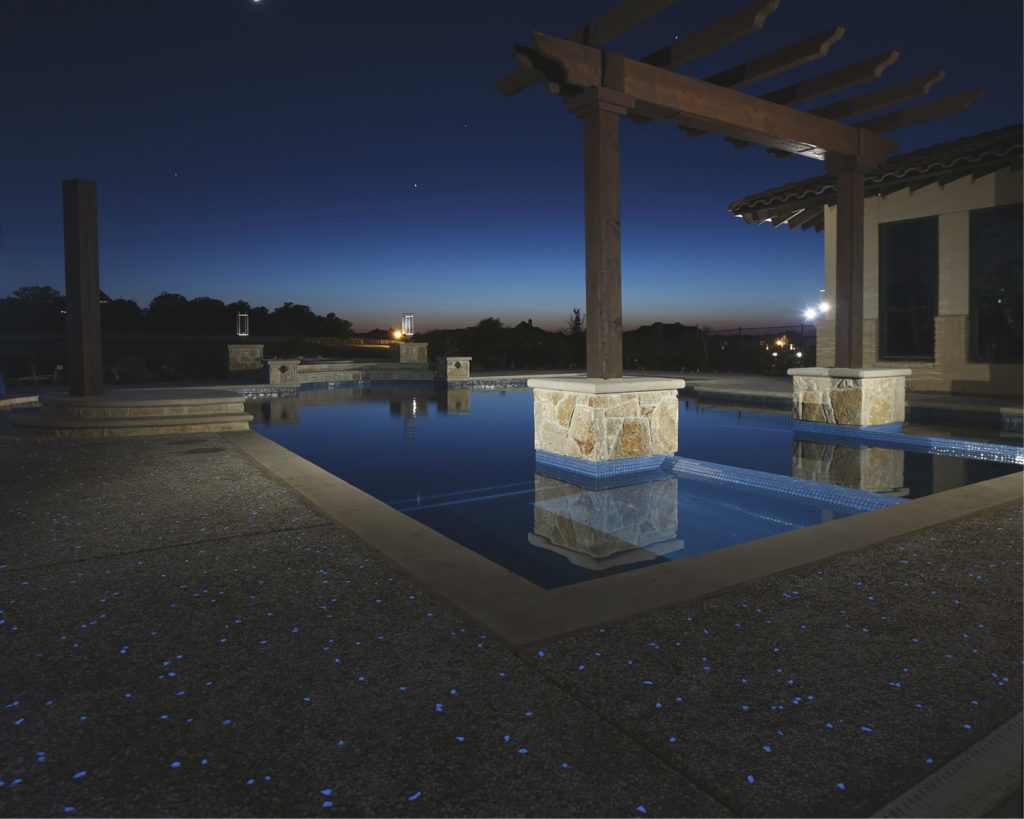
Exploring the Various Types and Characteristics of Porous Volcanic Rocks in Geological Studies
Understanding the Types of Porous Volcanic Rock
Volcanic rocks, formed from the solidification of molten magma, exhibit diverse textures and characteristics. Among these, porous volcanic rocks are particularly fascinating due to their unique formation processes and significant role in various geological and ecological systems. These rocks are characterized by their vesicular texture, which results from the trapping of gas bubbles during the solidification of volcanic eruptions. Here, we explore the primary types of porous volcanic rock, their formation, and applications.
1. Pumice
Pumice is one of the most well-known types of porous volcanic rock. It is formed when volcanic lava cools rapidly while still containing gas bubbles. The rapid cooling prevents the bubbles from escaping, resulting in a light, porous material that can float on water. Pumice’s texture is spongy, making it highly effective for various uses. It is commonly utilized in construction, as an abrasive material in beauty products, and even as a soil amendment in gardening due to its ability to retain moisture while allowing for excellent drainage.
2. Scoria
Scoria is another significant type of porous volcanic rock, recognizable by its darker color and denser composition compared to pumice. It forms from magma that is rich in iron and magnesium and contains numerous gas bubbles. Scoria typically has a rough texture, often used in landscaping or as lightweight aggregates in construction materials. Due to its durability and aesthetic appeal, it is also used in decorative stone applications, particularly in gardens and outdoor spaces.
3. Tuff
types of porous volcanic rock

Tuff is a type of volcanic rock that forms from the consolidation of volcanic ash, tephra, and other fragmental materials. While it may seem less porous than pumice or scoria at first glance, tuff can also contain numerous voids and air spaces, giving it a lighter and sometimes crumbly texture. Tuff is significant in architecture and construction because of its ease of manipulation and thermal insulation properties. Historic structures in regions with volcanic activity often utilize tuff for both its aesthetic qualities and its functional benefits.
4. Volcanic Ash
Volcanic ash, while not a rock in the traditional sense, plays a crucial role in the landscape of volcanic regions. Formed from the eruption of smaller volcanic materials, it comprises fine particles that can accumulate over time, often leading to the formation of andesitic and rhyolitic rock types. Volcanic ash contributes to the fertility of the soil, favoring agricultural practices in regions with volcanic activity. Its lightweight and porous nature means that it also serves as an excellent amendment for improving drainage and aeration within the soil.
Applications and Importance
The porous nature of these volcanic rocks makes them essential in various industries. From construction materials that enhance stability and insulation to horticultural products that improve soil quality, the applications are vast. Moreover, their ecological role cannot be overstated. Porous volcanic rocks can serve as habitats for diverse flora and fauna, contributing to biodiversity. They also play a vital role in groundwater recharge, acting as natural filters that help maintain water quality.
In conclusion, the types of porous volcanic rocks, including pumice, scoria, tuff, and volcanic ash, each possess unique characteristics that make them invaluable in multiple domains. Their formation processes reflect the dynamic nature of Earth’s geology, while their applications illustrate the interconnectivity between natural materials and human endeavors. As we continue to study and understand these remarkable rocks, their significance in both ecological and industrial contexts will undoubtedly expand.
Share
-
Premium Pigment Supplier Custom Solutions & Bulk OrdersNewsMay.30,2025
-
Top China Slag Fly Ash Manufacturer OEM Factory SolutionsNewsMay.30,2025
-
Natural Lava Rock & Pumice for Landscaping Durable Volcanic SolutionsNewsMay.30,2025
-
Custom Micro Silica Fume Powder Manufacturers High-Purity SolutionsNewsMay.29,2025
-
Custom Mica Powder Pigment Manufacturers Vibrant Colors & Bulk OrdersNewsMay.29,2025
-
Custom Micro Silica Fume Powder Manufacturers Premium QualityNewsMay.29,2025






